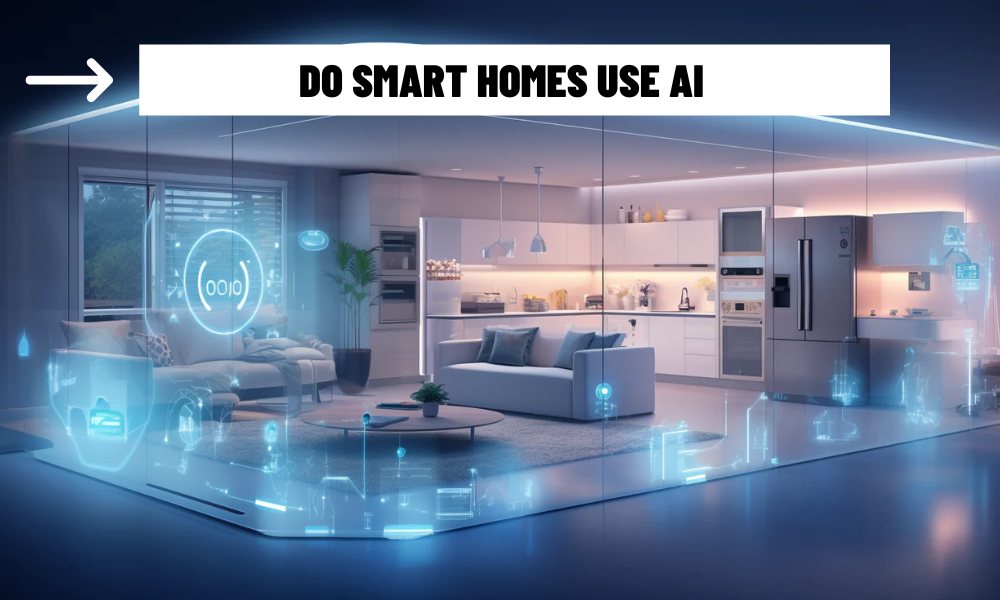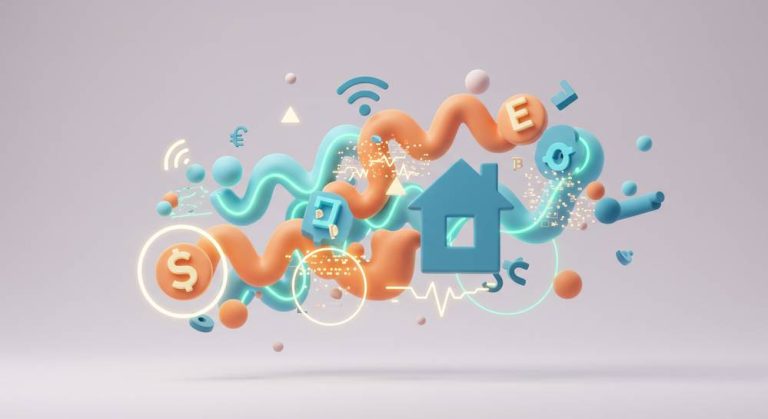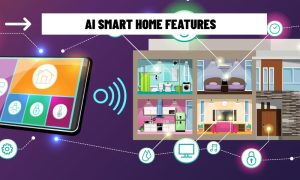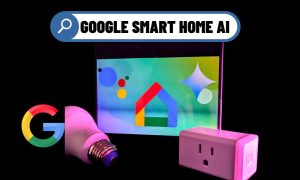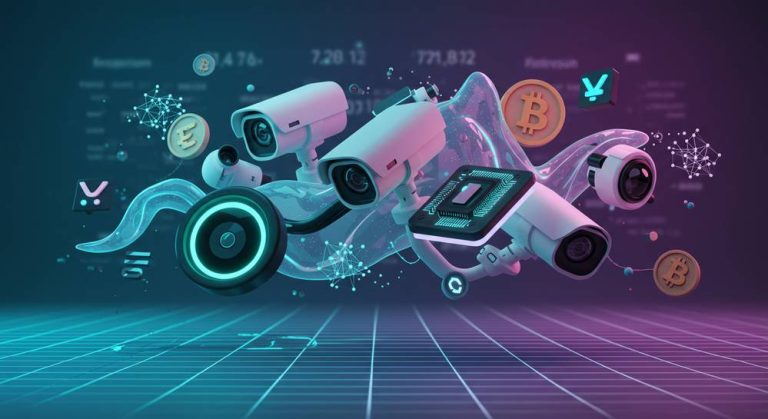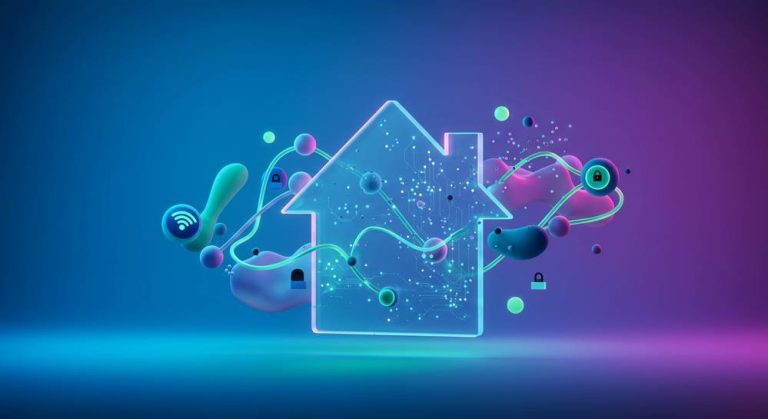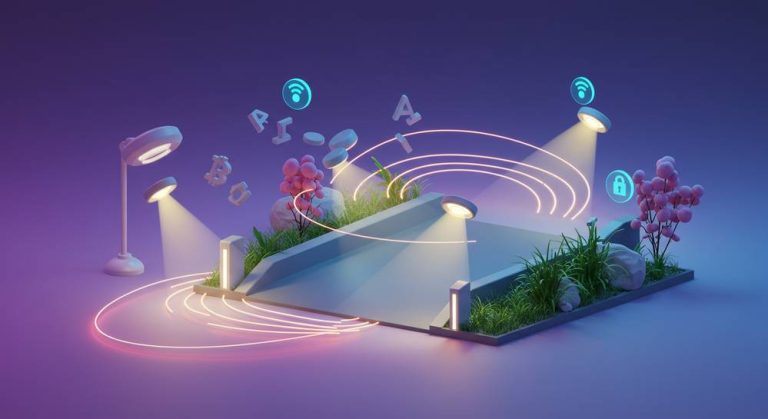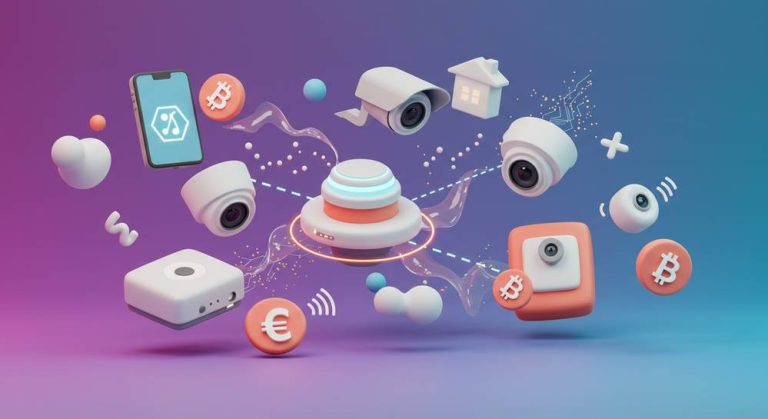The Heart of the Smart Home Revolution
The question do smart homes use AI is met with a resounding yes, as artificial intelligence has become the driving force behind modern home automation. AI transforms houses into intuitive ecosystems that anticipate needs, optimize resources, and enhance security, creating living spaces that feel alive and responsive. By seamlessly integrating into daily life, AI in smart homes delivers a blend of convenience, sustainability, and sophistication that redefines what it means to live in a connected world.
How AI Brings Homes to Life
At its core, AI in smart homes enables devices to learn from user behaviors, making homes more than just automated—they become intelligent. Through machine learning, AI analyzes patterns, such as when you adjust lighting or how you manage heating, to tailor experiences. Picture a home that dims lights as daylight floods in or warms the bedroom before you retire for the night, all without a single command. This predictive magic of AI in smart homes ensures comfort while reducing energy waste, aligning with eco-conscious lifestyles.
The adaptability of AI in smart homes extends to resource management. By processing real-time data, such as weather conditions or energy tariffs, AI optimizes consumption. For instance, it might schedule your dishwasher to run during low-cost hours or prioritize solar power on sunny days. This intelligent orchestration not only lowers utility bills but also fosters sustainable living, making AI in smart homes a cornerstone of environmental responsibility.
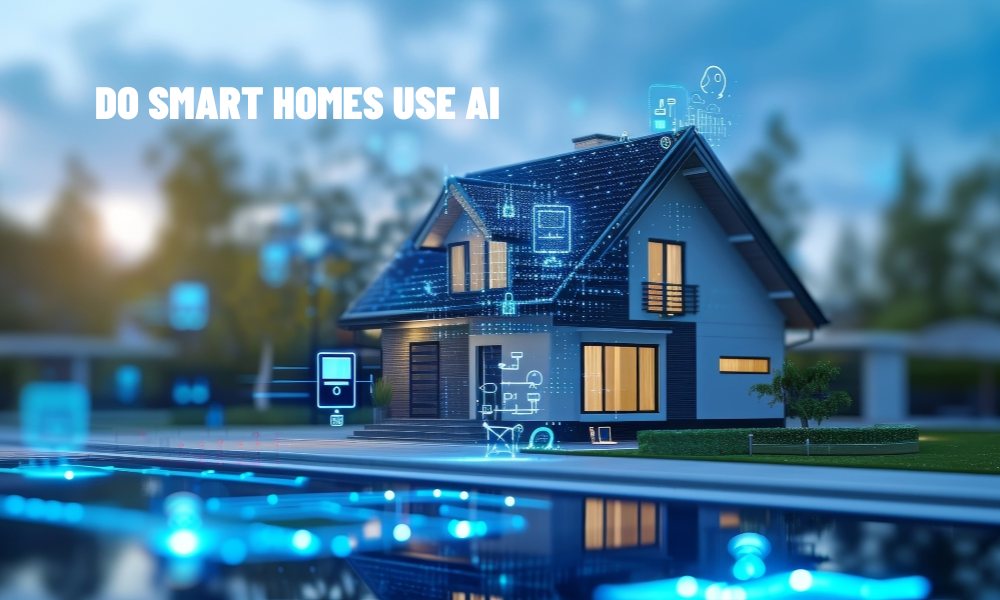
Enhancing Security and Ease
Security is revolutionized by AI in smart homes. Intelligent cameras and doorbells use AI to analyze activity, distinguishing between familiar faces and potential threats, and send precise alerts to your phone. This eliminates the clutter of unnecessary notifications, offering peace of mind with minimal effort. The question do smart homes use AI is vividly answered in these systems, which make safety feel intuitive and reliable.
Daily routines are equally transformed. AI in smart homes enables voice-activated control, allowing you to manage lighting, appliances, or entertainment effortlessly. Imagine a morning where your coffee brews, blinds rise, and music plays, all synchronized to your rhythm. This seamless integration of AI in smart homes creates a lifestyle that feels both luxurious and practical, elevating the everyday.
The Future of AI in Smart Homes
The role of AI in smart homes is set to expand, with innovations that promise deeper personalization. Future systems may adjust environments to support wellness, such as optimizing air quality, or predict maintenance needs. Enhanced connectivity will unify devices, while privacy-focused technologies will protect data. The answer to do smart homes use AI will only grow more compelling as these advancements unfold.
To leverage AI in smart homes, start with a platform that integrates devices seamlessly. Begin with high-impact features like smart thermostats or security systems, then scale up. Securing your network with encryption ensures your smart home remains a safe haven.
The question do smart homes use AI underscores the transformative power of artificial intelligence in modern living. By anticipating needs, optimizing energy, and fortifying security, AI in smart homes creates spaces that are intuitive and sustainable. In 2025, embracing AI in smart homes is the key to a connected, intelligent lifestyle that feels both futuristic and familiar.
